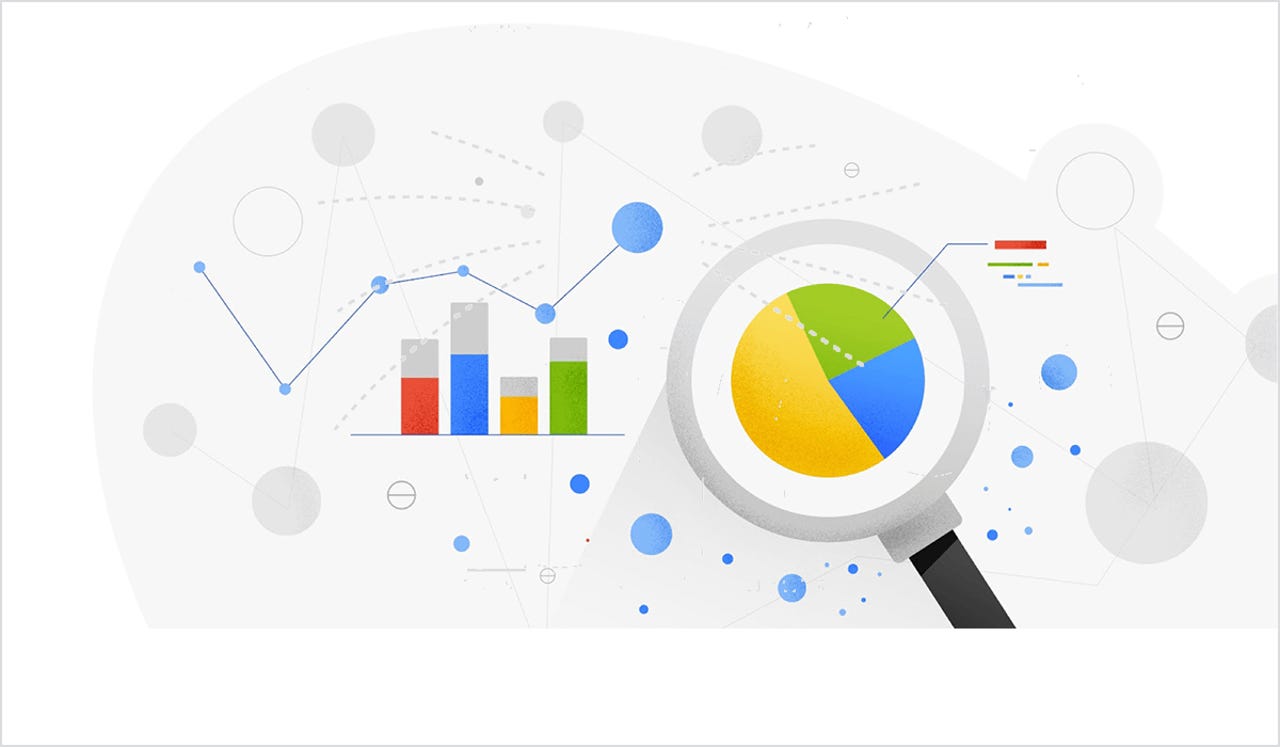Google says it's 'cracked the code' to business intelligence


Two years after acquiring the business intelligence platform Looker, Google says it has "cracked the code" to business intelligence.
In business intelligence [BI], "there was always this idea of governing BI and of self-service, and there was no reconciliation of the degree of trust and the degree of flexibility," Google's Gerrit Kazmaier told reporters last week, ahead of the Google Cloud Next conference. "At Google, I think we have cracked that code to how you get trust and confidence of data with the flexibility and agility of self-service."
Cloud
To accomplish that, Google Cloud is unifying its business intelligence products under the Looker umbrella, combining Looker and Data Studio to form Looker Studio. It will come in three tiers, including Looker Studio Pro, which provides support and special governance features.
The investment in Looker is part of Google Cloud's ongoing efforts to focus on the key strengths that it brings to the public cloud market -- including its unified and open approach to data-driven transformation and its powerful AI offerings.
Also: What is cloud computing? Everything you need to know about the cloud explained
In the cloud computing market, "we're seeing some new markets opening up, and it's driven by growth in some key areas," said Katie Watson, head of product communications for Google Cloud. That includes "data, AI, machine learning, cyber -- and these have aligned really strongly with the strength of Google Cloud."
At the Google Cloud Next conference, the company announced several new products and capabilities in those areas. To make AI more accessible, Google is expanding what it calls AI Agents -- a category of applications and services that apply to specific business challenges and require relatively little technical expertise.
For instance, the company is announcing Translation Hub -- an AI Agent that provides customers with self-service document translation. It can automatically translate documents into 135 languages. This tool could, for instance, help researchers share their work globally or help a company serve global markets.
Google is also releasing Vertex AI Vision, a new application development environment for building and deploying computer vision applications.
Meanwhile, Google Cloud is also focusing on building an open data cloud that unifies data across all formats, all clouds and all possible workloads. To that end, Google's storage engine BigLake will add support for Apache Iceberg, a leading open-source table format. Support for Delta Lake and Apache Hudi formats is also coming soon. In BigQuery, Google is adding support for unstructured data, as well as support for Apache Spark and Datastream.
Google Cloud is also building up its basic infrastructure offerings. It has plans to open new Cloud regions in six countries -- Austria, Czech Republic, Greece, Norway, South Africa, and Sweden -- giving it a total of 49 live and pending regions.
The company is also rolling out a new virtual machine family, C3, that runs on the 4th Gen Intel Xeon Scalable processor, as well as the custom Infrastructure Processing Unit (IPU) that Google co-designed with Intel.
With a new service called Dual Run, customers can more easily migrate their data to the cloud. It allows them to make a digital copy of their mainframe systems and run it simultaneously on Google Cloud. It's built on top of unique technology developed by Banco Santander, one of the world's largest banks.